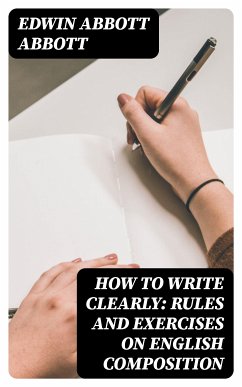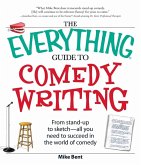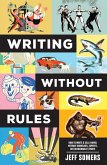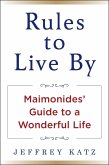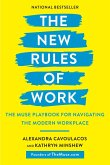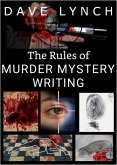Edwin Abbott Abbott's "How to Write Clearly: Rules and Exercises on English Composition" serves as a quintessential guide to effective English writing. Abbott employs a pedagogical approach that interweaves didactic principles with practical exercises, fostering clarity and precision in composition. The book's structure is meticulous, engaging readers with rules that navigate the complexities of language while promoting a style that is both accessible and instructive. Set against the backdrop of early 20th-century educational reform, Abbott's discourse reflects an era keenly focused on literacy and clear communication, lending the text a timeless relevance in today's often convoluted linguistic landscape. Abbott, a distinguished Victorian scholar and educator, was profoundly influenced by the evolving dynamics of language and teaching during his time. His multifaceted academic career, coupled with a passion for clarity in expression, drove him to compile this manual. Abbott's experience in diverse fields, including theology and mathematics, provided him with a unique perspective, enabling him to draw connections between rigorous thinking and effective writing. "How to Write Clearly" is an essential read for students, educators, and anyone seeking to refine their writing skills. Abbott's insights serve not only as rules but also as a philosophical guide towards developing one's voice in writing. This book invites readers to engage with language thoughtfully, ensuring that their writing resonates with clarity and purpose.
Dieser Download kann aus rechtlichen Gründen nur mit Rechnungsadresse in A, B, BG, CY, CZ, D, DK, EW, E, FIN, F, GR, H, IRL, I, LT, L, LR, M, NL, PL, P, R, S, SLO, SK ausgeliefert werden.

